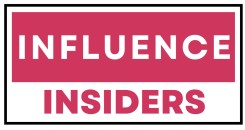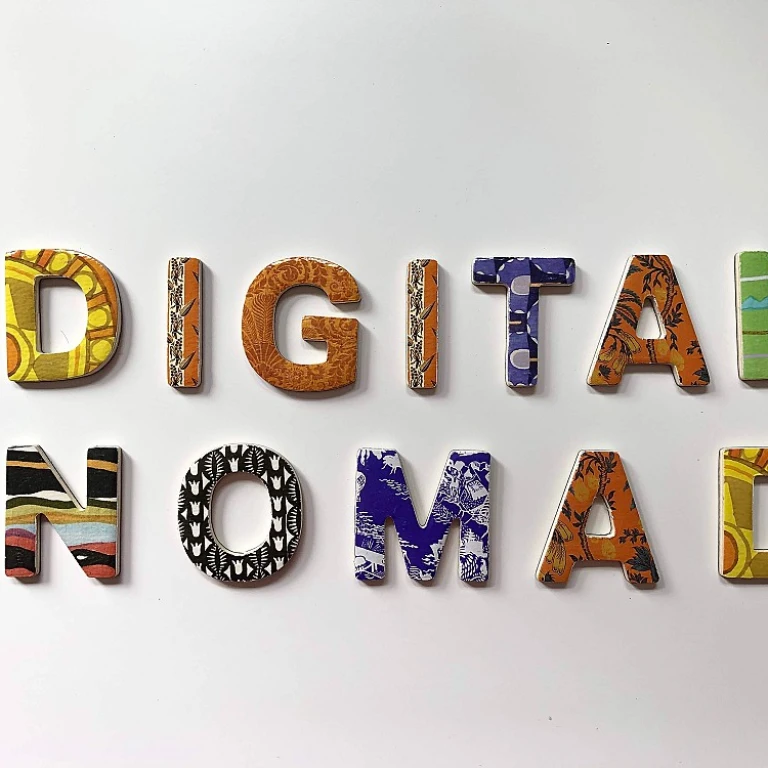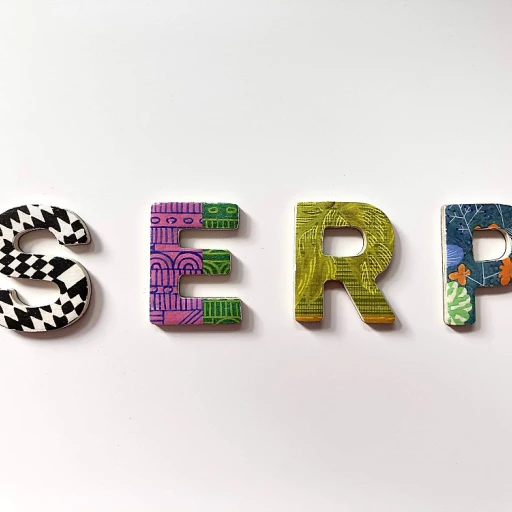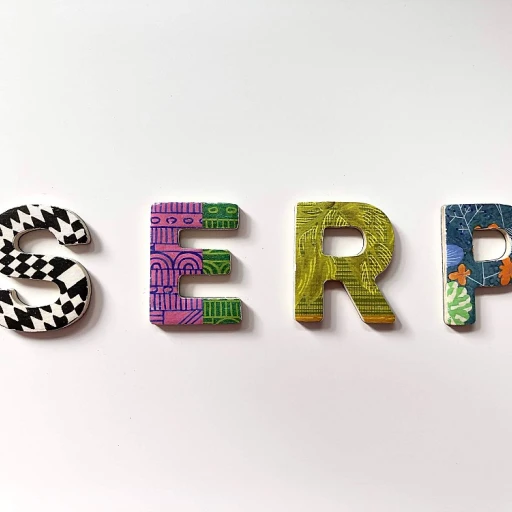Understanding the Role of Social Media in Biotech
Biotech's Vibrant Social Media Landscape
The role of social media within the biotech sector has become increasingly significant. Platforms like LinkedIn and Twitter are not merely outlets for personal expression but formidable tools in the biotech arsenal. These channels ignite discussions and spread innovations in healthcare, making them indispensable for executives and scientists eager to amplify their message in this competitive industry. Their integration facilitates dialogue among key players, from CEOs to managing directors, enhancing networking opportunities that once required formal in-person gatherings like the JPM Healthcare Conference or MIXiii Conference.
Dissemination of Biotechnological Innovations
Biotech companies, including pioneers like Scinai Immunotherapeutics, utilize social media to broadcast their groundbreaking work. Establishing a robust online presence catalyzes their efforts to reach investors, fellow researchers, and potential partners worldwide. The rapid exchange of information accelerates awareness and adoption of innovations, creating a dynamic environment where progressive solutions are celebrated and scrutinized.
Transforming the Investment Landscape
Social media's impact extends beyond mere communication. It transforms how investments are attracted and realized within the biotech realm. Narratives crafted through influential social channels can sway investor sentiments, drawing attention from private equity firms and family offices interested in future-forward companies. For those in roles like chief officers or global healthcare executives, curating a relatable and genuine social presence can craft a strategic entryway into fruitful partnerships.
To delve deeper into how LinkedIn can serve as a cornerstone of such strategies, visit our in-depth guide on crafting a LinkedIn strategy for B2B influencers.
Influencer Strategies for Biotech Communication
Crafting a Resonant Message in Biotech
In the dynamic realm of biotechnology, influencers need to articulate complex scientific concepts in a way that resonates with both industry insiders and the general public. The key is to break down intricate topics like immunotherapeutics and forward statements into digestible content. This not only aids in educating the audience but also in fostering a sense of trust and authority.
Leveraging Platforms for Maximum Impact
Choosing the right platform is crucial for biotech influencers. While traditional platforms like Twitter and LinkedIn remain pivotal for professional networking, platforms such as the LinkedIn landscape offer unparalleled opportunities to connect with executives, CEOs, and managing directors in the biotech sphere. Engaging with content at events like the JPM and SIC Biotech Symposium can amplify reach and impact.
Networking and Collaboration
Biotech influencers can enhance their influence by actively participating in conferences such as the Morgan Healthcare and Mixiii Conference. These events provide a fertile ground for networking receptions and discussions with key figures like healthcare executives and private equity investors. Building relationships with advisory boards and family offices can lead to strategic partnerships and collaborative content creation, further solidifying an influencer's presence in the industry.
Building Authority Through Content
To establish authority, biotech influencers should focus on creating content that highlights innovation and investment opportunities within the sector. This includes discussing the latest developments from companies like Scinai Immunotherapeutics and exploring topics such as global healthcare trends. By consistently delivering insightful content, influencers can position themselves as thought leaders in the life sciences arena.
Challenges in Biotech Social Media Influence
Overcoming Barriers in Biotech Social Media Influence
In the dynamic world of biotech, social media influence is not without its challenges. As companies like Scinai Immunotherapeutics navigate the digital landscape, they face several hurdles that can impact their reach and engagement.
One major challenge is the complexity of biotech topics. Unlike consumer products, biotech innovations require a deep understanding of scientific principles, making it difficult for influencers to convey messages in an accessible way. This complexity can deter audiences from engaging with content, particularly when the information is highly technical or laden with industry jargon.
Moreover, the competitive nature of the biotech sector, exemplified by events such as the JPMorgan Healthcare Conference, adds another layer of difficulty. With numerous companies vying for attention, standing out requires not only innovative messaging but also strategic timing and platform selection. Influencers must be adept at crafting content that resonates with both industry insiders and potential investors, such as those from private equity or family offices.
Another significant hurdle is maintaining credibility and trust. In an industry where forward statements and innovation are closely scrutinized, influencers must ensure their content is accurate and backed by reliable sources. This is crucial for maintaining the trust of stakeholders, from CEOs and managing directors to healthcare executives and advisory boards.
Finally, regulatory constraints pose a unique challenge. Biotech influencers must navigate a complex web of regulations that govern the dissemination of information, particularly when it comes to investment and healthcare claims. This necessitates a careful balance between promoting innovation and adhering to legal standards.
To effectively address these challenges, influencers can benefit from mastering social media reach strategies. By understanding the nuances of platform algorithms and audience engagement, they can enhance their influence and drive meaningful conversations within the biotech community. For more insights, consider exploring strategies for success in this domain.
Case Studies: Successful Biotech Influencers
Success Stories in Biotech Social Media Influence
Ethical Considerations for Biotech Influencers
Balancing Transparency and Promotion
In the realm of biotech social media influence, maintaining transparency is crucial. Influencers must clearly distinguish between promotional content and genuine insights. Given the complexity of biotech topics, influencers should strive to provide value by explaining intricate details in layman's terms. This approach not only builds trust but also enhances the credibility of the information shared.
Disclosing Financial Interests
It's essential for influencers to disclose any financial interests or partnerships with biotech companies, such as Scinai Immunotherapeutics or other entities listed on Nasdaq. Transparency about financial ties, whether related to private equity investments or advisory board memberships, ensures that followers can assess the potential biases in the content. This is particularly important during events like the JPM Healthcare Conference, where investment discussions are prevalent.
Ensuring Scientific Accuracy
Biotech influencers bear the responsibility of ensuring that the information they share is scientifically accurate. Misleading or incorrect data can have significant consequences, especially in healthcare and life sciences sectors. Collaborating with experts, such as chief healthcare officers or managing directors at biotech symposiums, can help validate the content shared on social media platforms.
Respecting Privacy and Confidentiality
When discussing sensitive topics, such as innovations revealed at the SIC Biotech Symposium or during private networking receptions, influencers must respect confidentiality agreements. Sharing forward statements or proprietary information without consent can lead to legal issues and damage reputations.
Promoting Ethical Discussions
Biotech influencers should foster ethical discussions by encouraging diverse viewpoints and engaging with followers' concerns. Hosting forums or discussions during events like the Mixiii Conference or the Mini Mixiii can provide a platform for constructive dialogue. This not only enhances the influencer's reputation but also contributes to a more informed and ethical biotech community.
Future Trends in Biotech and Social Media
Emerging Technologies and Platforms
As the biotech industry continues to evolve, so too does the landscape of social media. Emerging technologies such as artificial intelligence and machine learning are beginning to play a significant role in how information is disseminated and consumed. Platforms that leverage these technologies can offer more personalized content, allowing biotech companies to target their audiences more effectively.
Integration with Investment and Capital Markets
Biotech companies are increasingly engaging with social media to connect with potential investors and private equity firms. The integration of social media strategies with investment activities, such as those seen at the JPM Healthcare Conference, offers a unique opportunity for biotech firms to showcase their innovations and attract capital. This trend highlights the growing importance of digital presence in securing funding and partnerships.
Focus on Authenticity and Trust
In the future, authenticity will remain a cornerstone of successful social media influence in biotech. As discussed in earlier sections, influencers must prioritize transparency and ethical considerations to build trust with their audience. This is particularly important in a field as sensitive as biotechnology, where misinformation can have significant consequences.
Global Reach and Networking Opportunities
The global nature of social media allows biotech companies to reach a wider audience, including international stakeholders and potential collaborators. Events like the SIC Biotech Symposium and the Mixiii Conference in San Francisco provide valuable networking opportunities, where executives and founders can connect with peers and share insights on leveraging social media for global influence.
Regulatory and Ethical Challenges
As social media continues to influence the biotech industry, regulatory and ethical challenges will persist. Companies must navigate the complex landscape of compliance while ensuring that their social media strategies align with industry standards and ethical guidelines. This will require ongoing collaboration with regulatory bodies and advisory boards to ensure that forward statements and promotional content adhere to best practices.








